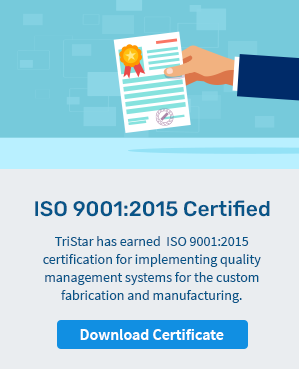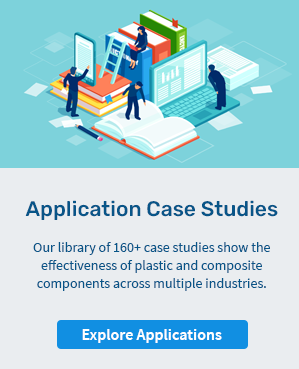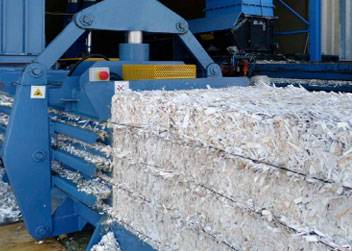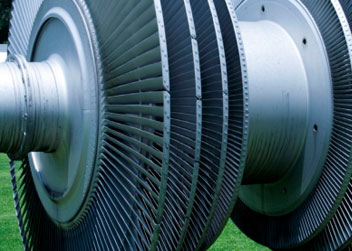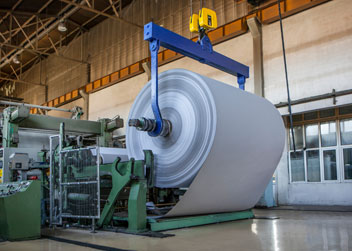Advanced Materials Improve Output in Pulp & Paper Mills
The pulp and paper industry is comprised of companies that use wood as raw material and produce pulp, paper, paperboard and other cellulose-based products.
These applications are ideal for self-lubricating bearings because of the harsh environments involved, which often cause greased bearings to fail.
TriStar has worked with numerous paper mill companies on a variety of applications where self-lubricating bearing products and specialized materials − such as metal-detecting polymers that can detect tramp metals in wood pulp − provide unique benefits that significantly improve output and efficiency.
The Benefits of Composite Materials Include:
- Strong abrasion resistance and the ability (with some materials) to embed particulate matter in the surface of the bearing to reduce contamination of the processing equipment.
- Excellent resistance to caustic chemicals.
- Support for wide temperature ranges.
- Self-lubricating components eliminate manual greasing for improved cleanliness, simplified maintenance and reduced downtime.
- Low moisture absorption materials for applications where the component may be wet near 24-7.
- Self-lubricating polymers protect mating components (shafts, housings, wear plates) from damage.
- Antistatic and static dissipative plastics are extremely effective in reducing static electricity, protecting sensitive equipment throughout the mill.
From polymer filtration screens (a 70% cost savings over the previous material used) to bronze-replacement bushings in paper balers, there are few areas where advanced materials aren’t worth a look.
Some specific areas where advanced materials excel include:
- Dewatering machines
- Lumber-sorting equipment
- Paper presses and dryers
- Finishing equipment.
- See a comprehensive list here

